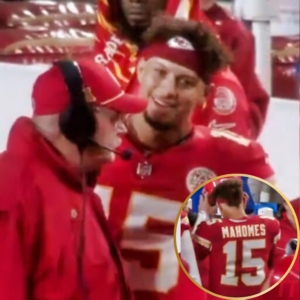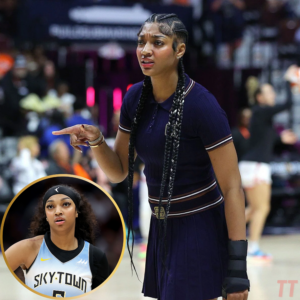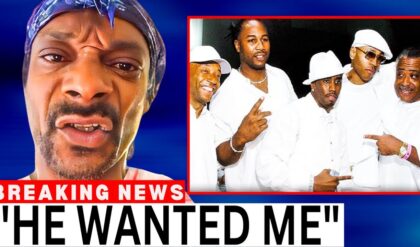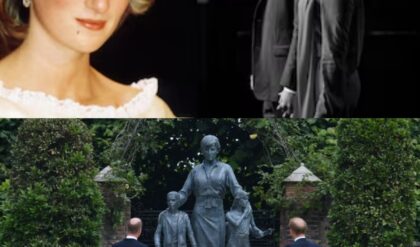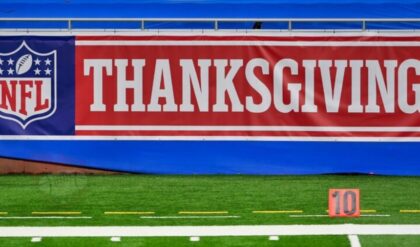Beyoncé’s ‘COWBOY CARTER’ Is An American Requiem That Reclaims Southern Culture
It’s almost impossible to go into a new Beyoncé album without expectations. And that, of course, is no accident: nothing Mrs. Carter does is an accident. The moment she revealed that RENAISSANCE would be the first album in a trilogy, fans began speculating on what to expect of the next two acts.

Four months after the blockbuster album was released, New York Times pop culture reporter Kyle Buchanan announced with quite a bit of confidence that act ii would be an acoustic album, while act iii would see the megastar hop back in the studio with husband JAY-Z for a follow-up to their 2018 joint album as The Carters, EVERYTHING IS LOVE.
But whether you’re a fan of Beyoncé’s or not, you should know that the Parkwood universe rarely allows for leaks and rumors. Buchanan’s theory was shut down pretty quickly, and fans didn’t start picking up on hints about act ii until earlier this year, just before she simply announced that the album would arrive on March 29. The announcement came with a “KNTRY Radio”-themed trailer and two tracks — “Texas Hold ‘Em” and “16 Carriages” — that confirmed the project’s country direction while ultimately still managing to not quite predict what fans should expect from the new album.
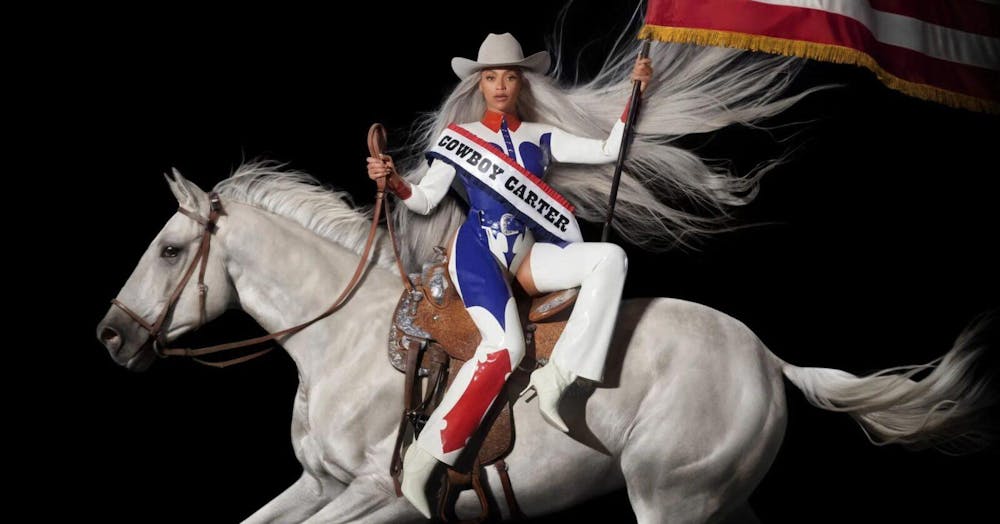
Since then Bey has masterfully delivered a bevy of powerful visuals, sparking conversations about everything from Black cowboys to the true origins of country music to the women who were already doing the work that Beyoncé was accused of usurping following the release of the first two releases from COWBOY CARTER. Expectations were set… and promptly shattered.
Whereas RENAISSANCE felt like a personal liberation, a vulnerable admission of the very personal yet collective pain many felt during the pandemic, and an assertion of the bold decisions to step back outside and live, COWBOY CARTER is a reclamation executed on behalf of anyone who shares in the multi-layered identity Beyoncé has been exploring and celebrating since Lemonade.
Sonically, calling this a country album simply because of the use of acoustic guitars, banjos and so on would simply be lazy. COWBOY CARTER is a reclamation of both the deep roots from which Bey has crafted her artistry and the many branches that have sprouted from Black music in America. That reclamation is executed both through the music itself and the nuggets of history and culture that are tucked throughout the project.
Many of the vocal arrangements on the project — which, together, truly are the album’s most impressive feature — are rooted in traditional R&B (see “BODYGUARD” and “II HANDS II HEAVEN”) and Gospel, i.e. “AMERICAN REQUIEM” and its reprise, “AMEN.” The handful of songs that come closest to what most may consider country, like “JUST FOR FUN” and “DAUGHTER” harken back to the folk rock era of the late ’60s and ’70s — think Lynyrd Skynard’s “Sweet Home Alabama,” Credence Clearwater Revival’s “Fortunate Son” or even Otis Redding’s “(Sittin’ On) the Dock of the Bay.”
In other words: it’s an unencumbered good time, with pauses and lulls holding space for the quieter moments of life.

Beyoncé’s ‘Cowboy Carter’ Sets Multiple First-Day Streaming Records
Beyoncé never addresses the concept of genres in her lyrics as she did ahead of the release of COWBOY CARTER. But she does recruit a pair of OGs to explain why limiting artists to any genre makes no sense (via pioneering country singer/songwriter Linda Martell); and what you can do if you’re still not able to open yourself to her genre-bending offering: “Go find a jukebox,” as Willie Nelson suggests on one of his two very unbothered cameos on the project. Everyone’s fave Dolly P. also pulls up just enough to remind the naysayers that Beyoncé is fully stamped in the space.
Just as much as the OGs serve to legitimize her presence here, Beyoncé’s embrace of Miley Cyrus, Post Malone — who have faced similar critiques from country purists — and newcomers Tanner Addell, Brittney Spencer, Tierra Kennedy, Reyna Roberts, Willie Jones and Shaboozey are proof that the intention was never to simply take up space for herself.
Of course, as has become customary of her music since the aforementioned Lemonade, COWBOY CARTER is interspersed with personal nuggets. Rumi Carter’s intro to “the lullaby” aka “PROTECTOR” makes the song all the more poignant. And while Bey’s rendition of “JOLENE” picks up where “Sorry” left off, “II HANDS II HEAVEN” and the moving vocal performances on “II MOST WANTED” are here to remind us that Mrs. Carter is very much in love with her man. And with references to trailrides, the zydeco, her “moonshine man” of a grandfather and her Creole roots, Beyoncé stands proudly as a daughter of the American South.
And that, perhaps, is the most amazing feat accomplished with COWBOY CARTER. From the American flag on the cover, to the sounds, to the careful placement of iconic Americana like Parton, Nelson and even a Beach Boys interpolation, this project truly is an American requiem as the opening track states; it’s Beyoncé’s reminder that much has been sacrificed to allow her to claim her identity as a southern girl and fully partake in all of America’s unique artistic and cultural traditions.
News
Supporters divided by reports that Patrick Mahomes wants to bring a WNBA team to Kansas City: “No MAGA owners in WNBA” tt
“No MAGA owners in WNBA” – Fans torn over rumors of Patrick Mahomes aiming to bring WNBA team to Kansas City Fans torn over rumors of Patrick Mahomes aiming to bring WNBA team to Kansas City [Picture Credit: Getty] Fans…
VIDEO: After Andy Reid’s terrifying ankle injury on MNF that appeared much worse than it actually was, mic’d-up cameras captured his fascinating sideline chat with Chiefs quarterback Patrick Mahomes. tt
VIDEO: Mic’d Up Cameras Caught Andy Reid’s Interesting Sideline Conversation With Chiefs QB Patrick Mahomes After His Frightening Ankle Injury On MNF That Looked A Lot Worse Than It Was Andy Reid and Patrick Mahomes (Photos via NFL) Cameras caught…
Caitlin Clark will participate in a public discussion with David Letterman at Ball State University: What we currently know. tt
Caitlin Clark to join David Letterman for public conversation at Ball State University: All we know so far Caitlin Clark to join David Letterman for public conversation at Ball State University (Image Source: Getty) Indiana Fever star Caitlin Clark is set to join…
Cameron Brink responds to the heartfelt statement regarding women’s voting rights sent by a young TikToker. tt
Cameron Brink reacts to young TikToker’s emotional message about women’s voting rights Cameron Brink reacts to young TikToker’s emotional message. (Image Source: Getty) LA Sparks star Cameron Brink reshared a young TikToker’s emotional message on women’s right to vote. Brink was an active…
Following a viral encounter, Taylor Swift’s boyfriend Travis Kelce said of Caitlin Clark, “We’re both just true Midwesterners.” tt
“We’re both just true Midwesterners”: Taylor Swift’s boyfriend Travis Kelce shares special connection with Caitlin Clark after viral meetup Taylor Swift’s boyfriend Travis Kelce shares special connection with Caitlin Clark after viral meetup (Image credit: Getty) Kansas City Chiefs star…
Angel Reese responds to the US election results in three words. tt
Angel Reese drops 3-word reaction to US election results Angel Reese drops 3-word reaction to US election results Angel Reese had very few words to express her feelings when she found out the results of the US presidential elections. With Donald…
End of content
No more pages to load

